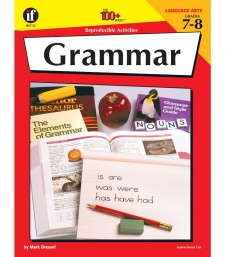Creating comparisons in the English language confuses many would-be linguists. Comparisons are typically—but not always—made in one of two ways.
 Words with less than three syllables use the suffix –er for comparisions and –est for superlatives. Examples: “John is taller than Juan” or “Susie is the fastest person in her class.”
Words with less than three syllables use the suffix –er for comparisions and –est for superlatives. Examples: “John is taller than Juan” or “Susie is the fastest person in her class.”
Words with three or more syllables are preceded by the modifiers “more” or “most.” Examples: “Sean is more effective than Jean” or “Katie is the most productive employee.”
Back in the day, our teachers insisted on these sacrosanct rules. However, today’s grammaticians are a more wishy-washy group who ambiguously mumble that words with two syllables can go either way.
One site advised that –er or –est should be used UNLESS the newly created words sound “awkward.” Well, THAT clears things up.
I confess to being a grammar geek, and one of my pet peeves is the incorrect use of comparisons. A recent commercial by a public utility invited people to become “More Cool.” Memo to the advertisers: it should read “Cooler.”
Others creatively combine comparisons. One meteorologist warned an approaching front might be “more stormier.” Sigh.
English is such a complicated language that exceptions always prove the rules. Comparisons have a subgroup of irregular words that march to the beat of their own drummers. Examples include: good (better and best), many (more and most), and bad (worse and worst).
Another group called “absolute adjectives” supersede any comparison. Consider words like “perfect” or “unique.” Nothing can exceed perfection. By definition, unique describes something that is beyond compare.
So be righter in your comparisons and most carefulest in your grammar. Otherwise, you might just end up looking like the most foolishest one of aller.

As an English major and former teacher of all which you espouse above, this ‘un here is shore nuff rite up my alley!!!!
LikeLike
One of my biggest peeves is “winningest”
LikeLike
Gotta like this un the mostest!!
LikeLike